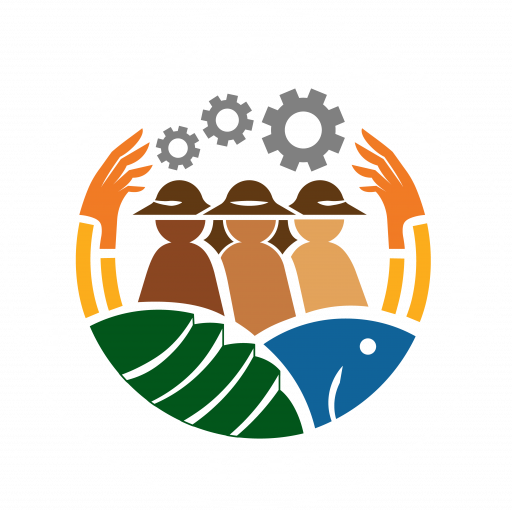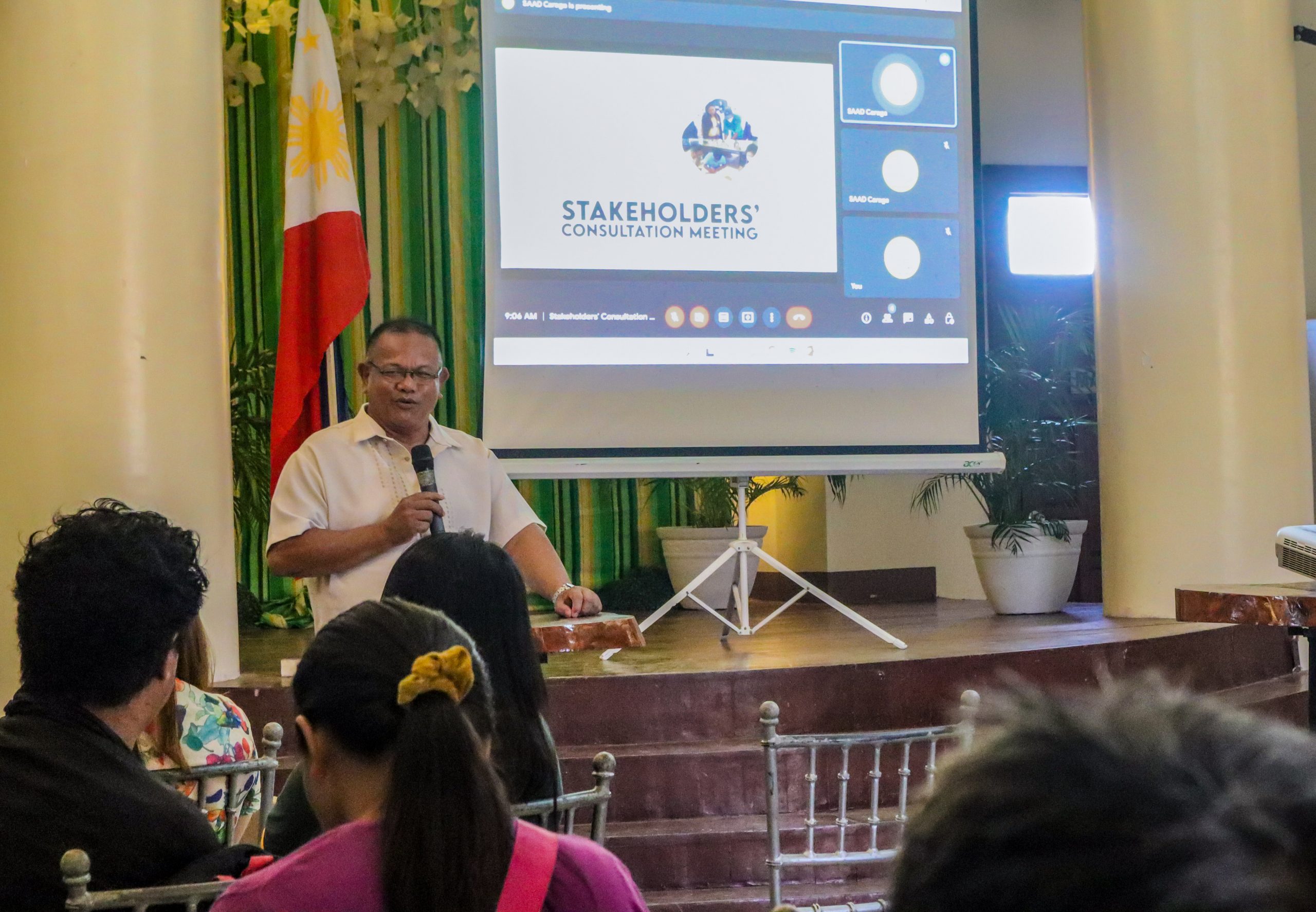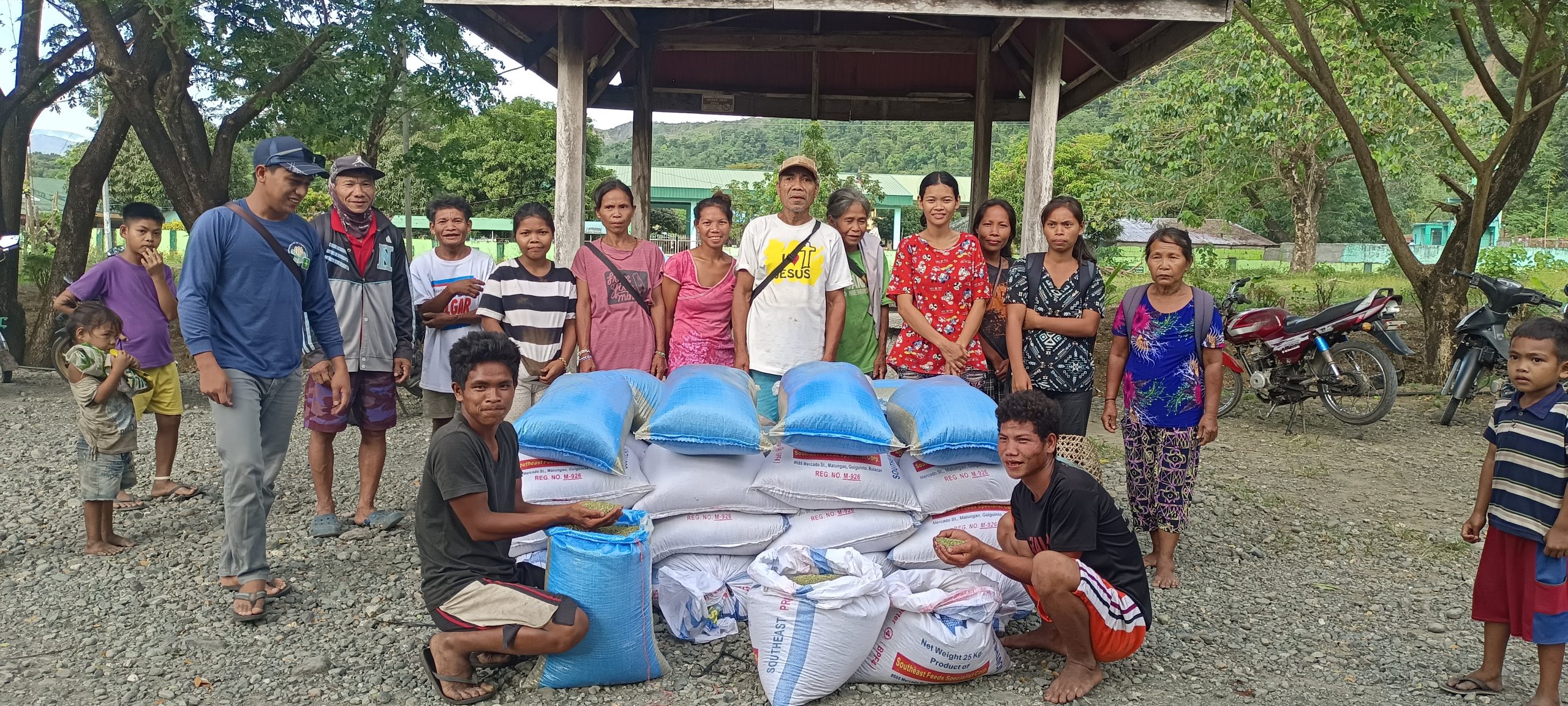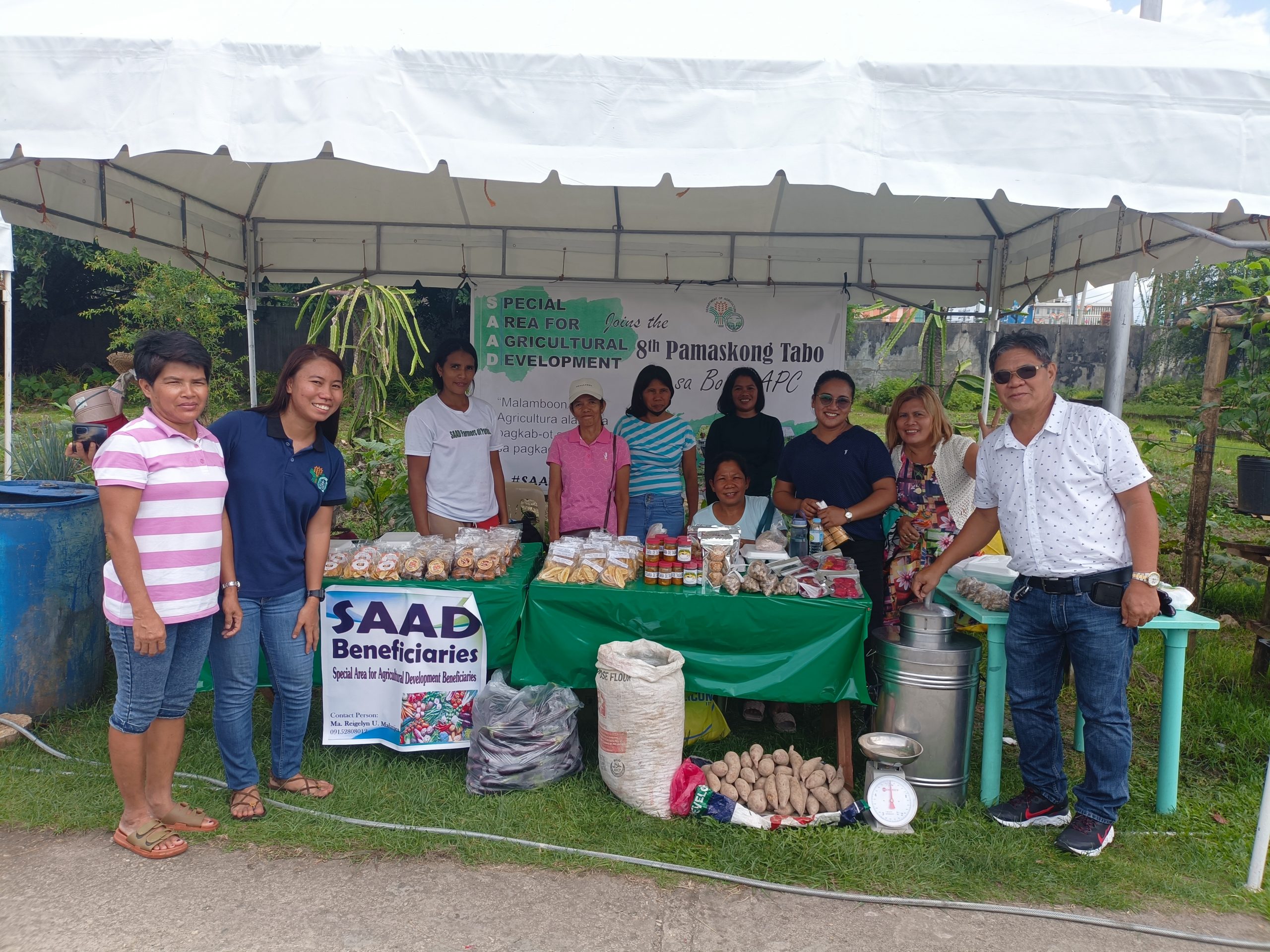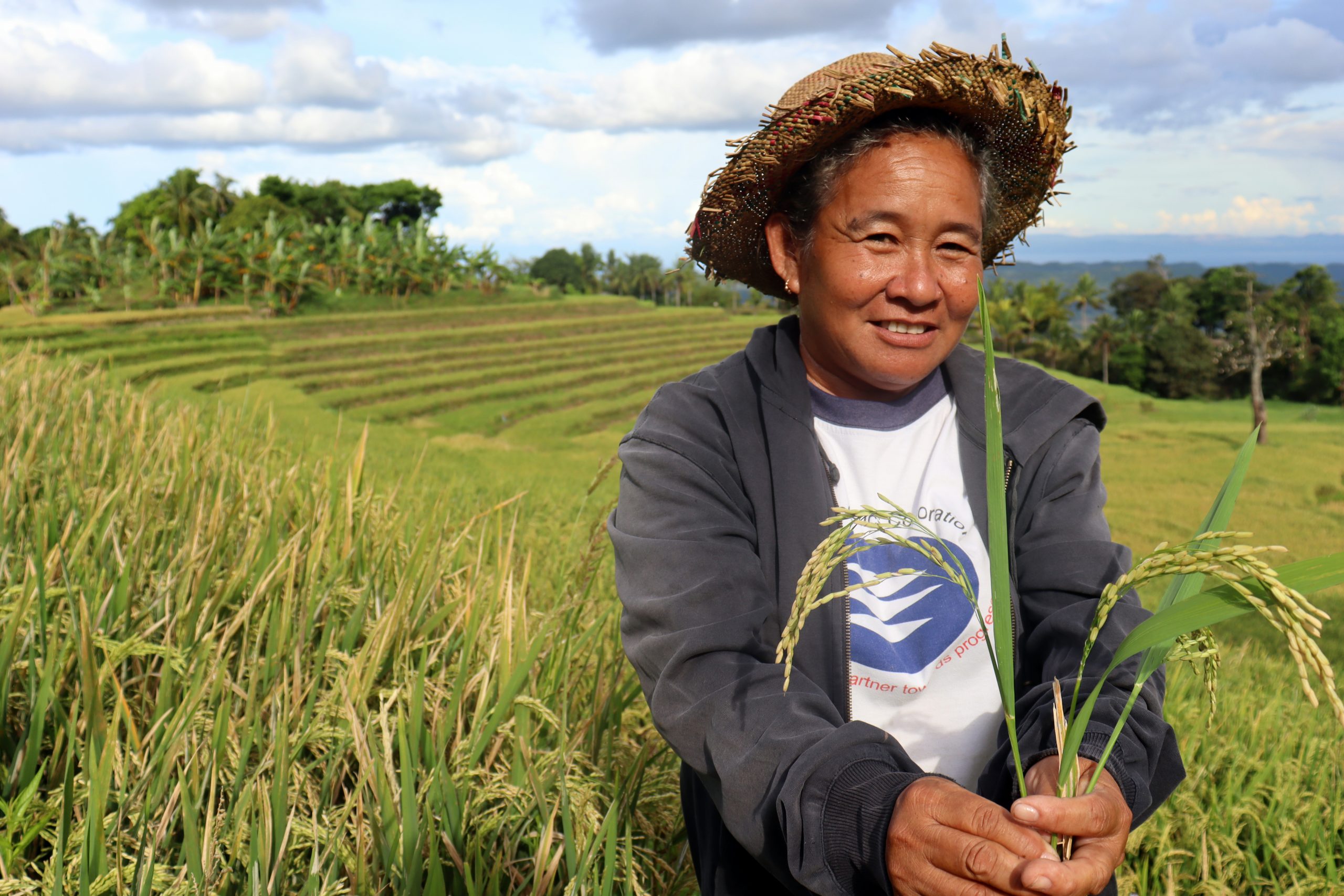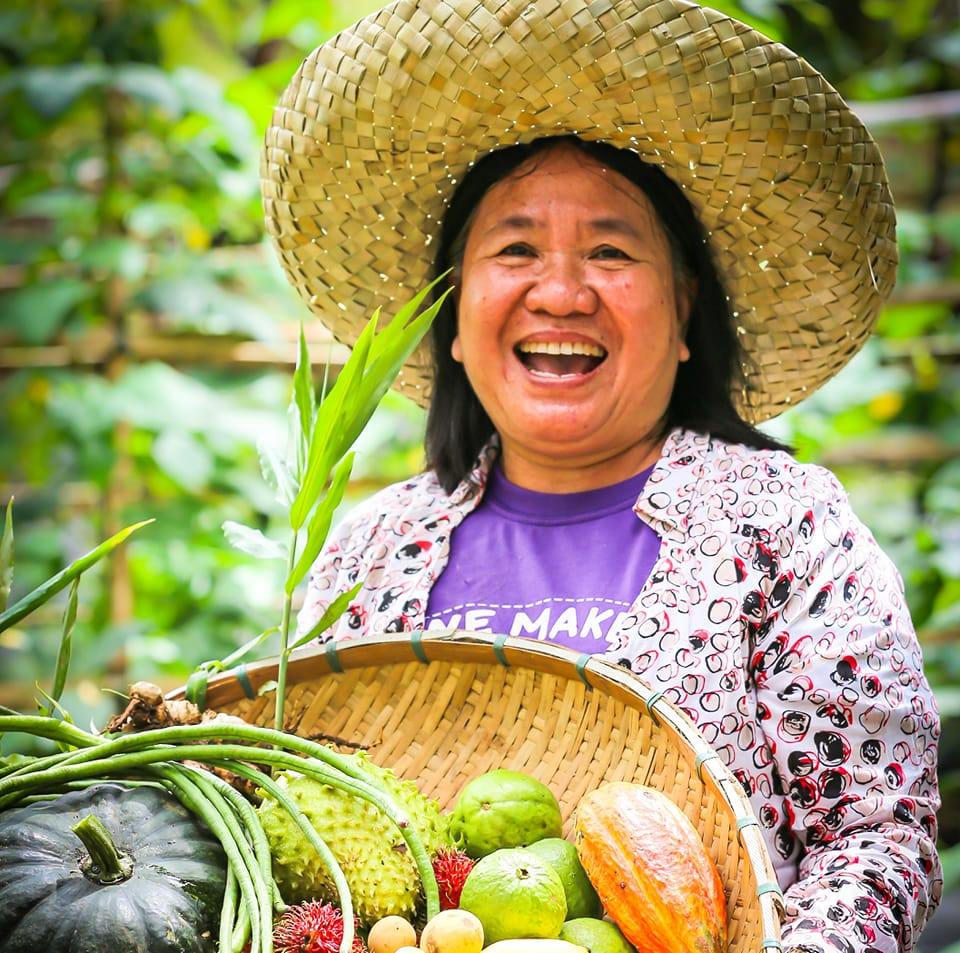AGUSAN DEL SUR, September 21, 2022 – Gearing up for SAAD Phase 1 culmination, 32 farmers’ cooperatives and associations (FCAs) organized by the Department of Agriculture-Special Area for Agricultural Development (DA-SAAD) Program gathered to finalize the project sustainability plan in a series of consultation meetings on September 13-15, 2022.
In April 2022, the farmers’ groups from Agusan del Sur (10) and Surigao del Sur (22) drafted their sustainability and action plan, which covers activities to sustain the livelihood projects funded by SAAD.
The recent stakeholders’ meeting is focused on funding proposals to local government units (LGUs) and government agencies for possible complementation in the post-SAAD operations.
Table 1. List of SAAD-assisted farmers’ associations and projects

Farmers’ groups from Agusan del Sur participated in the meeting on September 13, while the Surigao del Sur farmers’ groups met on September 14-15.
DA-SAAD Caraga Deputy Focal Person Jekem D. Sanchez encouraged the FCAs to consolidate concerns from members from time to time, especially during monthly meetings, and to always seek assistance from the local government units and DA banner programs.
“Dapat mahibal-an unsa ang mga lakang sa asosasyon nga pwede nato ma request sa mga MAOs ug bisan sa regular programs sa DA para padayon ang suporta ug paglambo sa inyong asosasyon.”
(It is important that as a group you identify your collective needs now and then and seek assistance from the MAOs, even through the regular programs of the DA for the sustainability and expansion of your respective projects.)
Project status
In Agusan del Sur, SAAD supports crop-related projects such as abaca, cacao, and rice. The cacao plantations are expected for harvest in 2023, while some of the abaca plantations were mature and ready for harvest (thrice a year) this year. Two farmers’ groups from San Luis and Talacogon have also started consolidating fibers bought from their members.
Meanwhile, in Surigao del Sur, the projects are a combination of livestock such as upgraded native goat, native chicken, and white leghorn; and root crop production such as ube and camote.
Recipient FAs of the said projects have also started selling their produce, ranging from eggs, chicks, and live weight chicken animals. One FA in Carmen is also producing camote chips aside from selling raw camote that they sell in the local and neighboring communities.
Ways forward
SAAD Phase 1 employs a complete-package approach. Aside from the inputs provided yearly (FY 2019-2022), SAAD extends technical assistance such as organizational development, farm financial and production management, and value-adding training to aid the FAs in establishing community-based enterprises.
Refresher courses on financial management, record keeping, and standard operating procedures for meetings were also proposed by the FAs to be endorsed to the municipal agriculture offices, along with securing insurance from the Philippine Crop Insurance Corporation (PCIC) for qualified commodities.
The Program aims to assist the FAs to become established agripreneurs. As a relevant endeavor, some FAs also consider registering as cooperatives. While this is not applicable to all FAs, the Muritula USAD Farmers Cooperative, formerly Muritula USAD Farmers Association assisted by SAAD, engaging in abaca production, successfully registered as a cooperative this year.
The FAs will be formally turned over to their respective local government units by the 3rd quarter of 2023 following the finalizing and signing of memoranda of agreements in the 1st quarter. The LGU’s roles for sustainability of the FAs will be determined after crafting the plan through technical assistance and possible market and agency linkages.
By then, the monitoring of SAAD projects will be carried out by the Agricultural Program Coordinating Offices in Agusan del Sur and Surigao del Sur.
To strengthen efforts for sustainability, requests for assistance are encouraged among the FAs through the other regular programs of the DA and relevant government agencies such as the Philippine Fiber Development Authority (PhilFIDA) for the abaca production management, and the Department of Trade and Industry for marketing-related concerns. ###
Writer: Mark Angelo Pineda, DA-SAAD Caraga Information Officer
